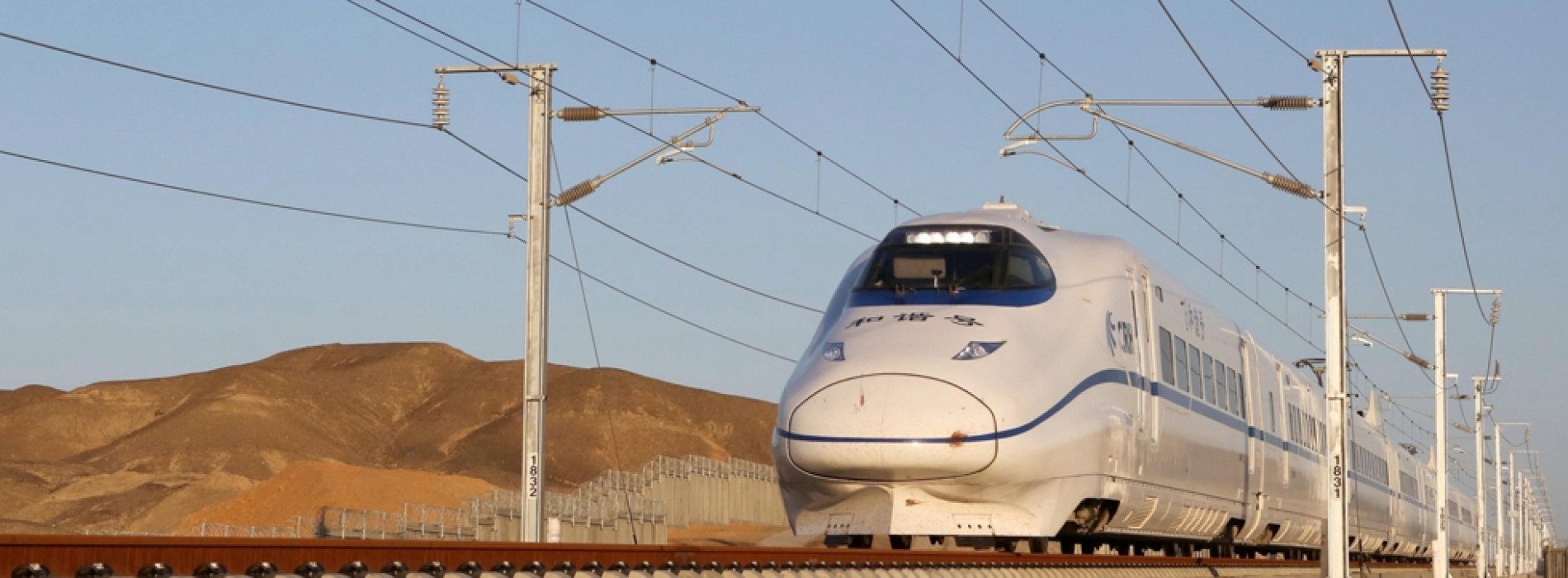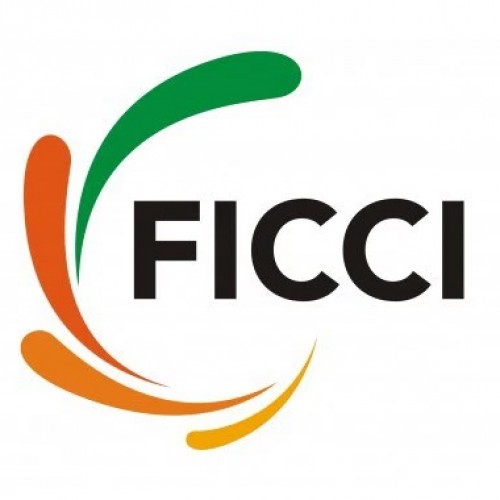Railways to use hi-tech survey for high-speed train corridor
The railways will use LiDAR technology — which involves conducting an aerial survey, and is known to give accurate data on the contours of land, even below vegetation — to expedite work on India’s first high-speed train corridor between Mumbai and Ahmedabad.
The use of Light Detection and Ranging, or LiDAR, will allow the survey of the 508km corridor to be completed in 9-10 weeks against the normal 6-8 months. It will help the national transporter start ground work on the Modi government’s dream project by 2018. According to the plan, almost the entire corridor will be on an elevated track, except 21km that will be underground. Of the 21km, 7km will be undersea.
The survey will be conducted by a helicopter, which carries equipment, including a high-resolution digital camera (100 megapixel), a laser scanner and a data recorder. An official said LiDAR was a remote-sensing technology that measured distance by illuminating a target with a laser and analysing the reflected light. The GPS unit interacts with GPS satellites to finalise the ground control points.
“The total flying time for covering the full corridor will be 30 hours. The preparatory work and time taken in processing of data is quite high, but still the process allows the survey of the full 508km in 9-10 weeks instead of 6-8 months,” Mukul Mathur, executive director (PPP), railway board, said. The exercise is highly accurate and enables capturing data of buildings and forest,” Mathur said, adding that this technology would be used for the survey of a rail line for the first time. For the survey, the helicopter will fly at a height of 500 metres while identifying 15.6 points per square metre.
You might also like
Chat with new TripAdvisor Facebook Messenger Bot to get great travel recommendations for your next Trip or Stay-cation
TripAdvisor brings to you a fun, new feature we have been testing and is now available on Facebook Messenger. We’re happy to introduce you to TripAdvisor chatbot, a real time
Tourists arrived on e-Tourist Visa register a growth of 955.9% in January-June 2015 over the same period last year
42% tourists arrived on e-Tourist visa in June 2015 were from the US. The following are the important highlights of e-Tourist Visa during June, 2015: (i) During the month of
FICCI launches India’s travel startup launchpad
“Travel Tech Launchpad” will be a platform that encourages innovation and growth of travel startups during the second edition of FICCI’s flagship event titled “Digital Travel, Hospitality and Innovation Summit”








